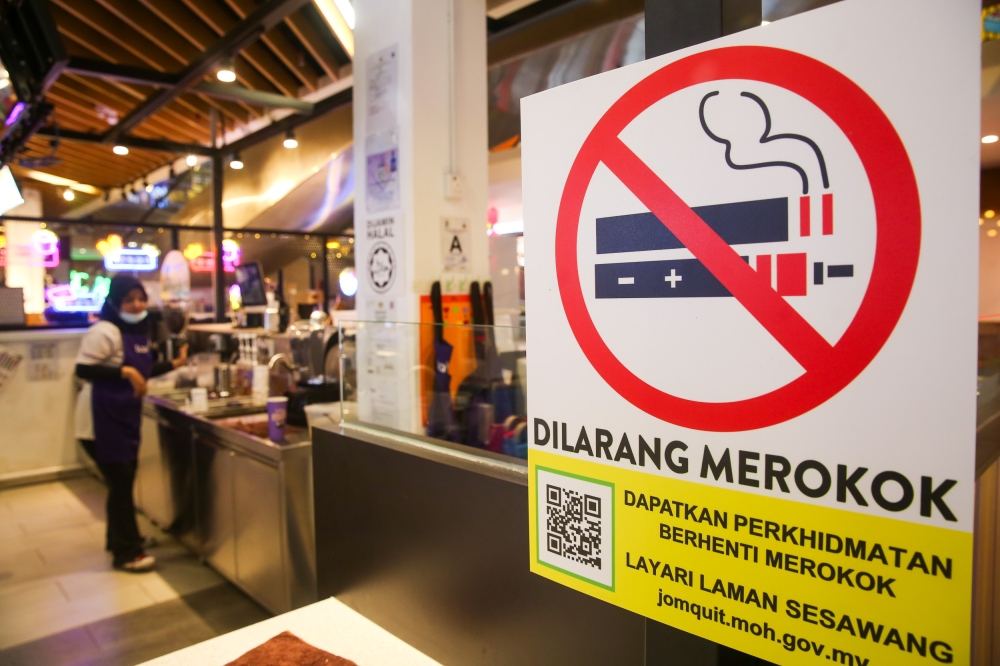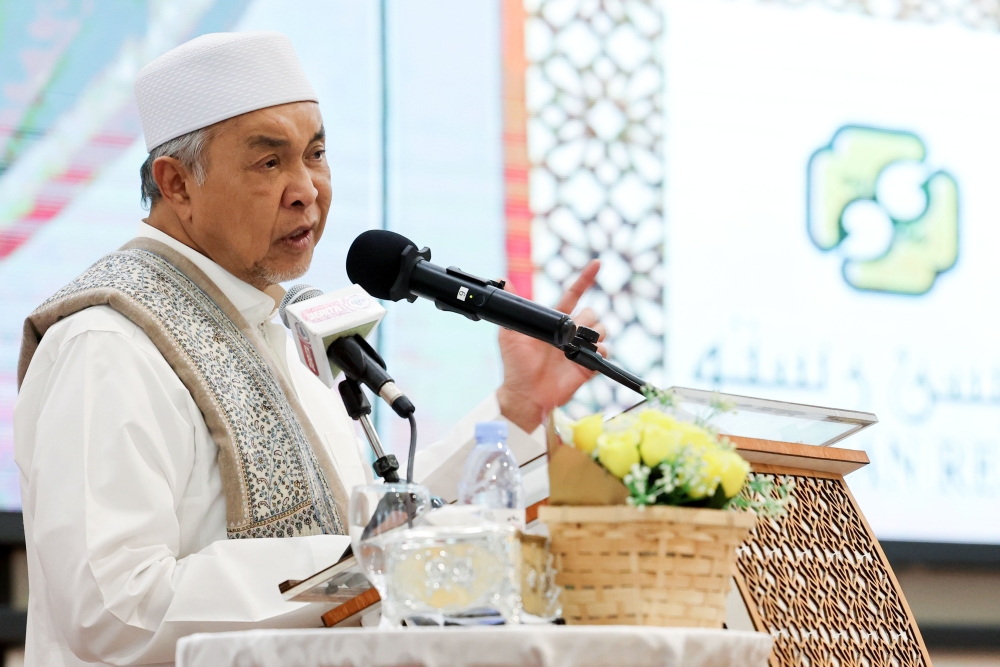KUALA LUMPUR, Aug 6 ― DAP lawmaker Charles Santiago today called on the government to come clean on its new 2019 Poverty Line Income (PLI) measurement.
The Klang MP claimed the threshold figure of RM2,208 given by the government is not an accurate reflection of Malaysia’s current socio-economic conditions, with many economic sectors affected by the fallout from the Covid-19 pandemic.
“The government’s Poverty Line Income (PLI) should not be politicised but an accurate reflection of socio-economic reality.
“The number RM2,208, does look like the government has factored in the huge financial ramifications of the Covid-19 outbreak in Malaysia, especially when so many have lost their jobs,” he told reporters at Parliament here.
According to Charles, about 826,100 people are unemployed as at July; and about four million dug into their i-Lestari savings account in the Employees Provident Fund (EPF) to pay living costs.
“Were these issues factored into the PLI?
“It is equally baffling to note that the same policy makers actually believe that a family of four can survive in an urban area paying RM1,170 towards rental, clothing, transportation, healthcare, education and essential payments,” he said.
Charles said the PLI of RM2,208 is divided into two categories: food amounting to RM1,038 and non-food (clothing, rental, education, transportation etc) expenditure totalling RM1,170.
“Undervaluing non-food expenditure has ramifications for the accuracy of the poverty line income because non-food expenditure constitutes slightly less than 52 per cent of the total PLI.
“This is a significant contrast to EPFs Belanjawanku share of non-food expenditure of about seventy-seven percent,” he said.
He cited Unicef’s Malaysia report for 2019, noting that 20.7 per cent of children under five suffer from stunting and 11.5 per cent from wasting, 12.7 per cent of children (5–19-year-olds) are obese because they don’t eat the right food.
He asked the government if these issues were because Malaysians families were not able to provide quality meals for their children due to the inaccurate numbers.
“Isn’t it ironic that EPF’s Belanjawanku and the government’s PLI study, done in the same year, show a vast difference in estimating the cost of living?” he asked.
He added that EPF's 2019 Belanjawanku comprehensive guide for the different Malaysian households put the basic living wage in an urban environment at about RM2,490 for a single adult, RM4,420 for a couple without children, RM6,620 for a couple with two children and RM3,089 for an elderly couple.

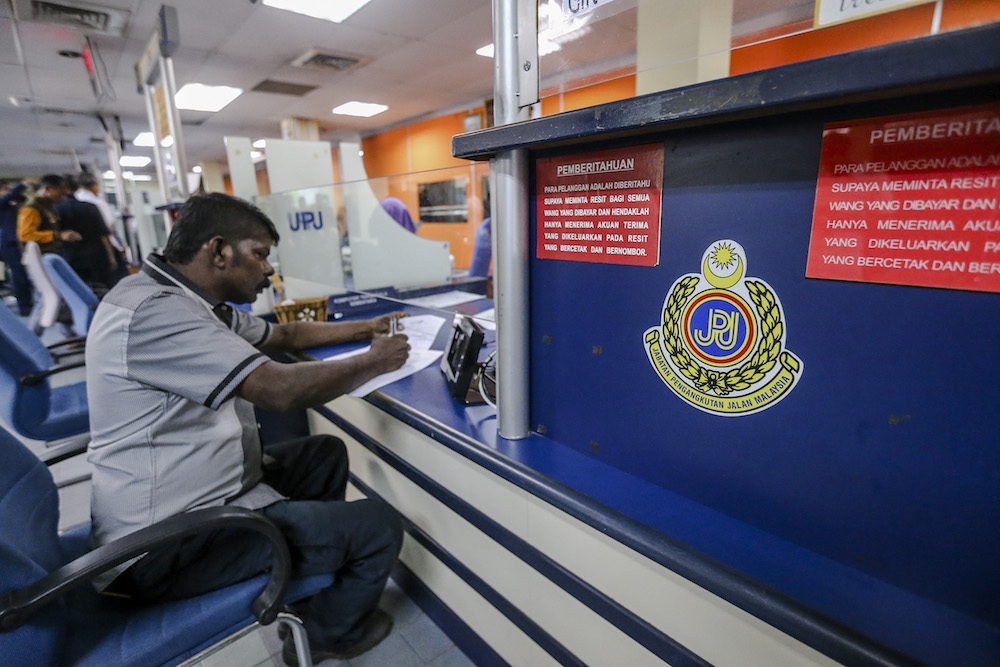
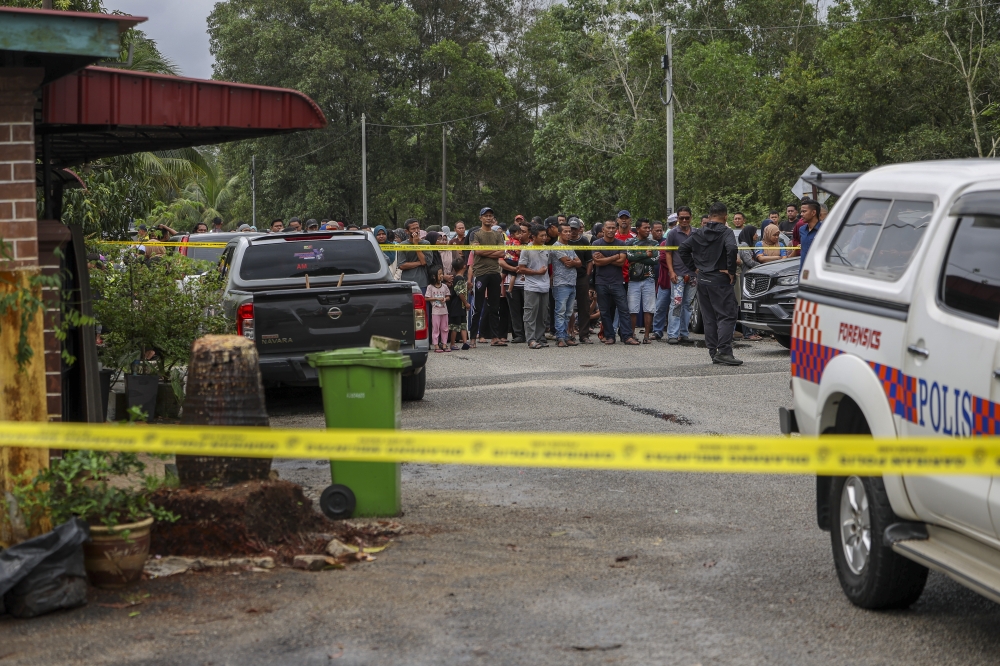


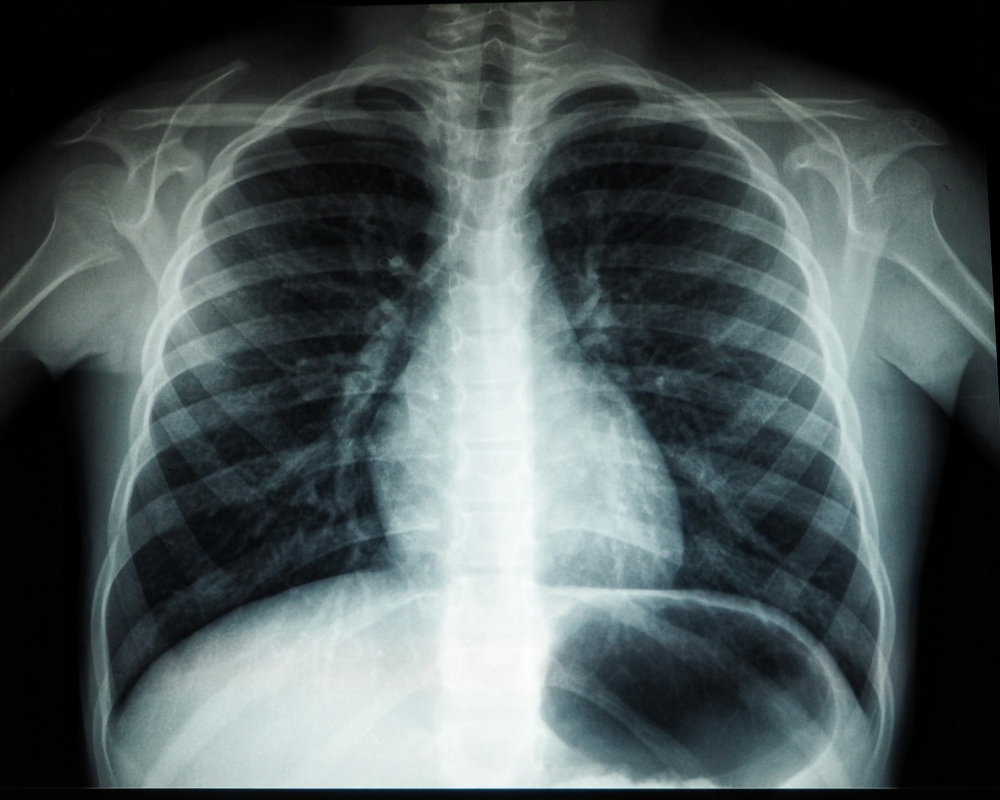




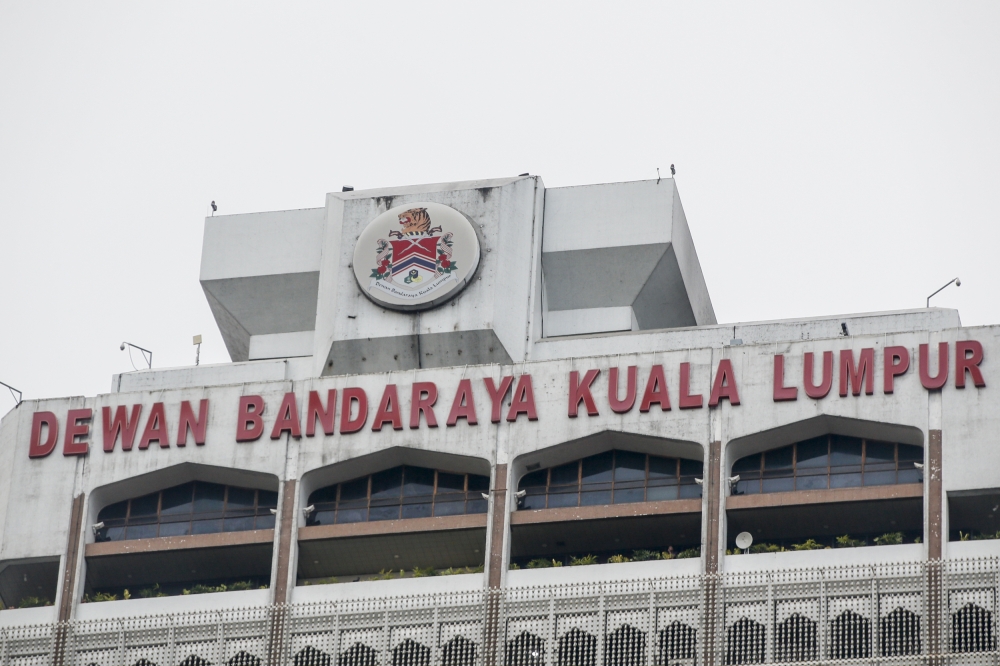

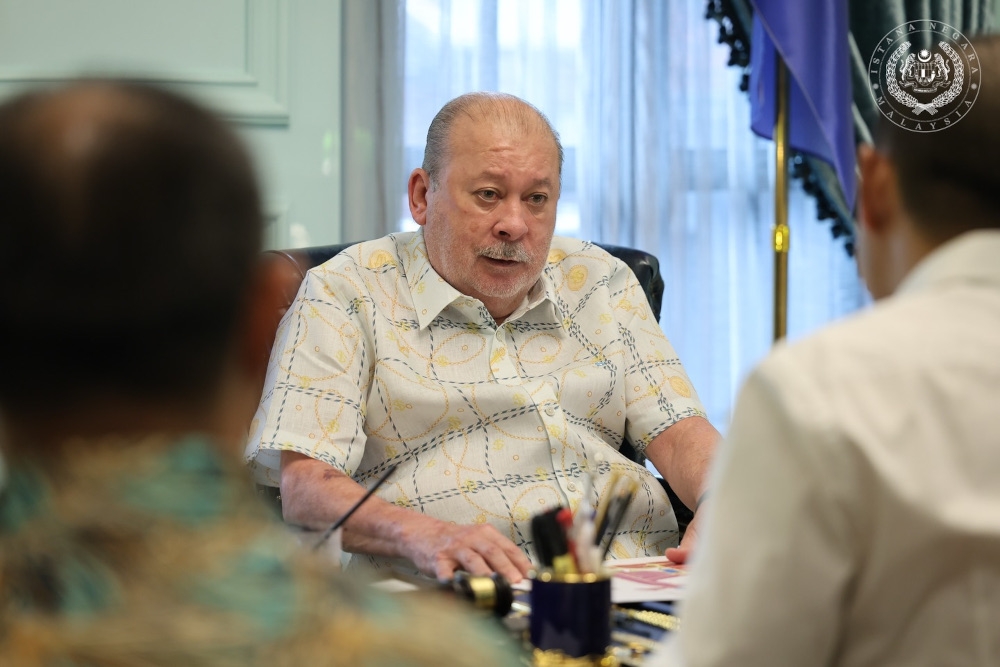

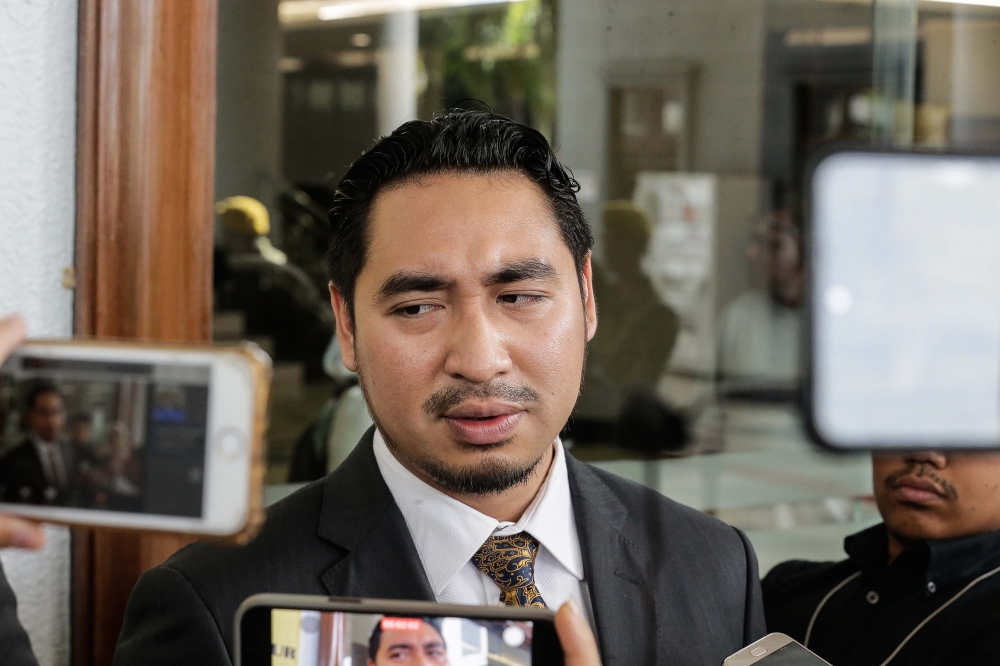
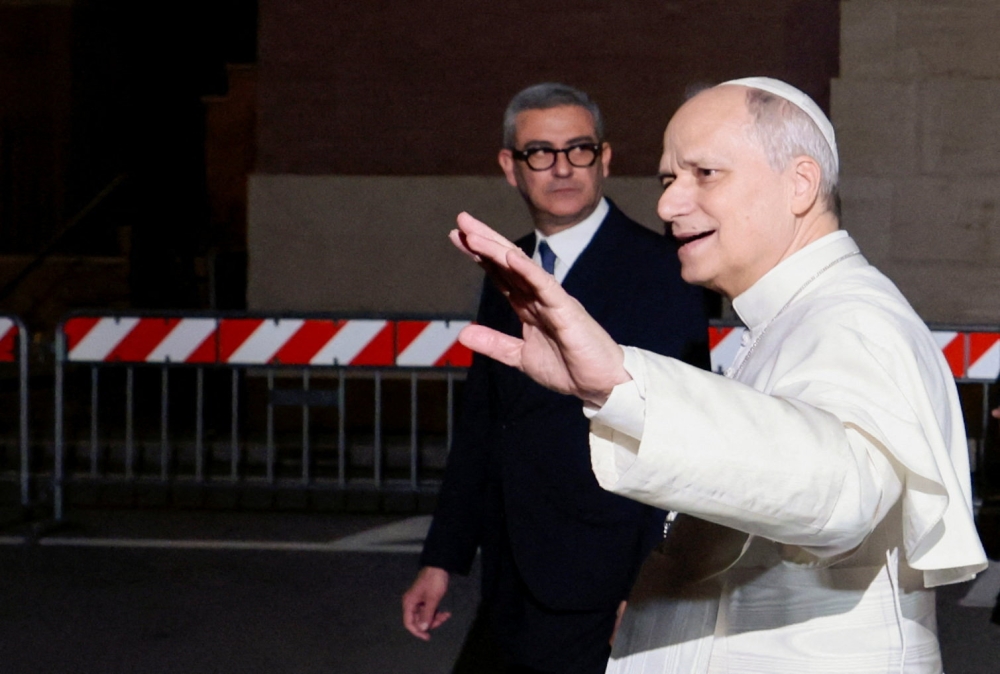
.JPG)
